On Marxism
Marx believed that capitalism created vast inequality, with a small ruling class (bourgeoisie) profiting off the working class (proletariat).
From History for the Present for a Better Future:
Karl Marx, German philosopher and economist whose ideas helped shape history, was born on May 5, 1818.
Born in Trier, Marx studied law and philosophy before turning to journalism and activism. With Friedrich Engels, he co-authored The Communist Manifesto (1848), calling on workers to unite in their fight against exploitation. His major work, Das Kapital (1867), analyzed capitalism’s inner workings, focusing on how profit comes from exploiting labor and how class struggle drives historical change.
Marx believed that capitalism created vast inequality, with a small ruling class (bourgeoisie) profiting off the working class (proletariat). He envisioned a world where workers controlled production, wealth was shared, and people were freed from poverty and alienation. His ideas inspired labor movements, revolutions, and welfare policies around the world.
Yet Marx remains one of history’s most divisive and controversial figures, especially in the U.S., where Marxism, socialism, and communism have long been painted as dangerous or evil. Yet many critics of Marx have never read him and reduce his complex work to slogans or caricatures, especially on social media.
Much of this fear is rooted in Cold War politics, propaganda, and a deep misunderstanding of Marx’s work. While Marx’s ideas influenced movements that sometimes led to authoritarian regimes, this is not unique—capitalism, nationalism, and liberalism have also led to countless brutal outcomes.
Yet some of Marx’s core ideas—like the importance of fair wages, health care, education, shorter working hours, and ending poverty—are now widely accepted and even mainstream. As we face rising inequality and various horrors of late-stage capitalism today, Marx’s warnings feel more relevant than ever.
Instead of dismissing Marx and his work outright, we should be willing to explore his ideas with open minds and ask ourselves: How can we build a fairer, more humane society? We invite you to begin studying Marx’s work, review the following quotations and consider whether you agree with the basic principles behind the concepts:
“The history of all hitherto existing society is the history of class struggles.
Freeman and slave, patrician and plebeian, lord and serf, guild-master and journeyman, in a word, oppressor and oppressed, stood in constant opposition to one another, carried on an uninterrupted, now hidden, now open fight, that each time ended, either in the revolutionary reconstitution of society at large, or in the common ruin of the contending classes.”




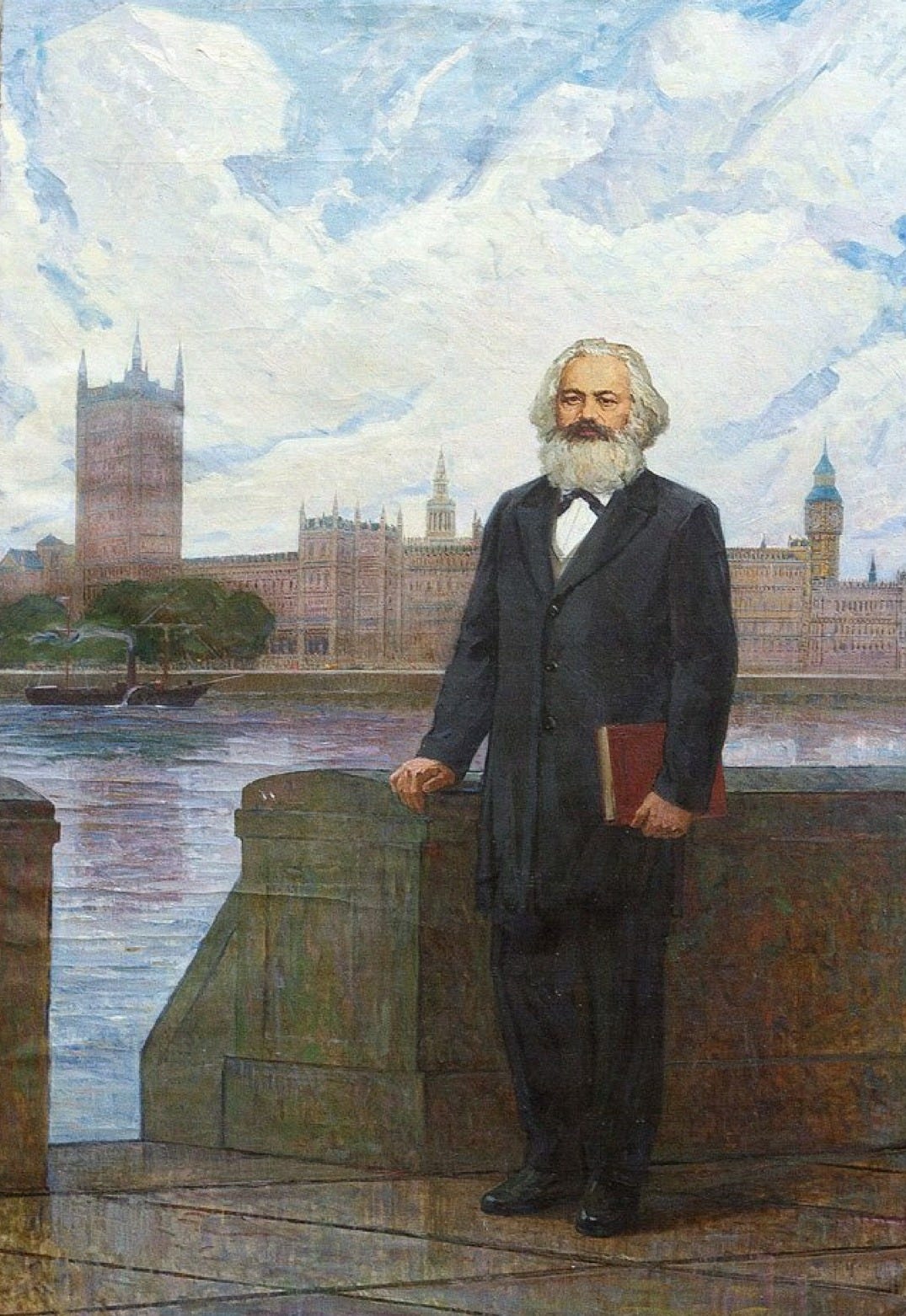
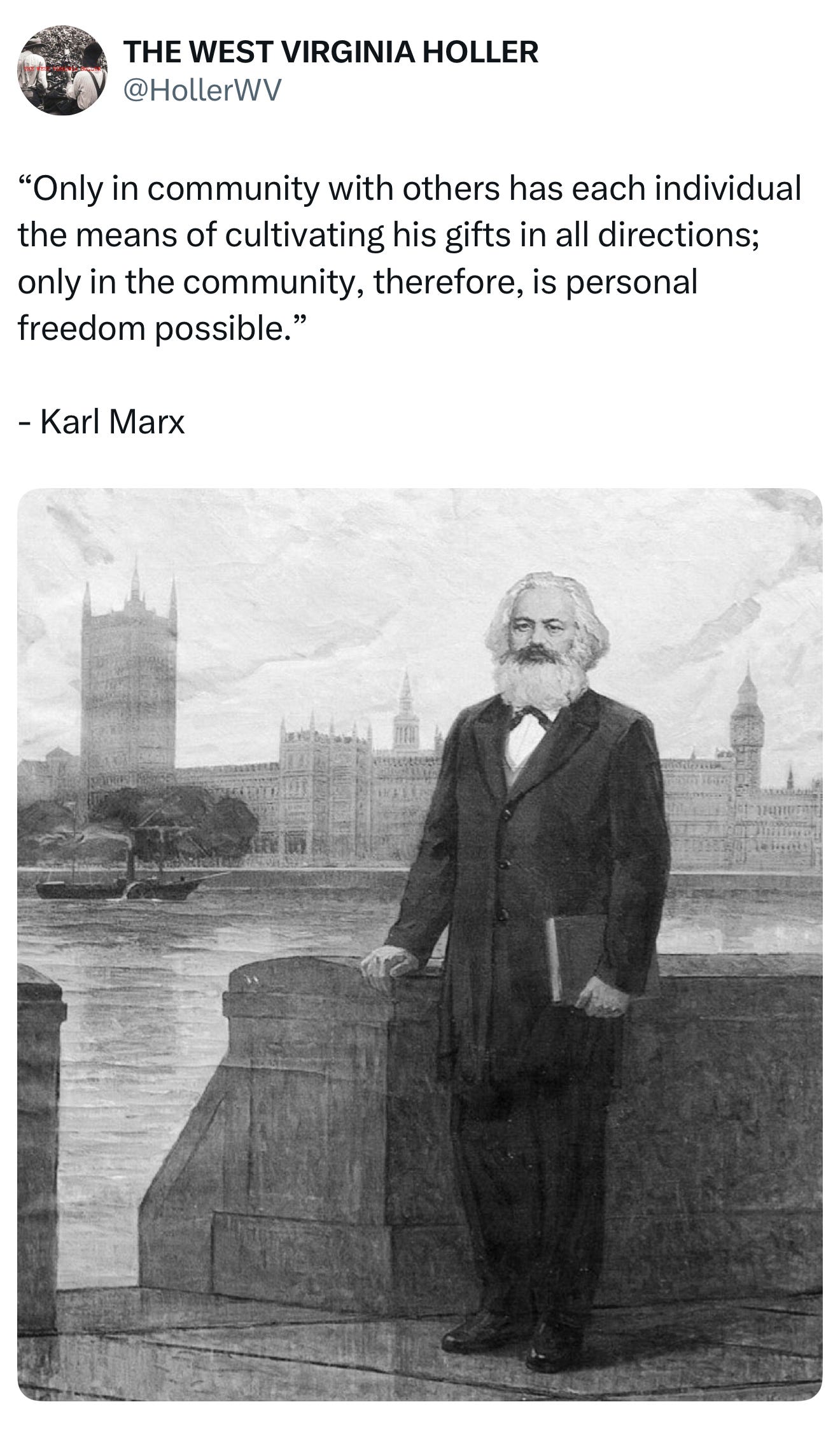

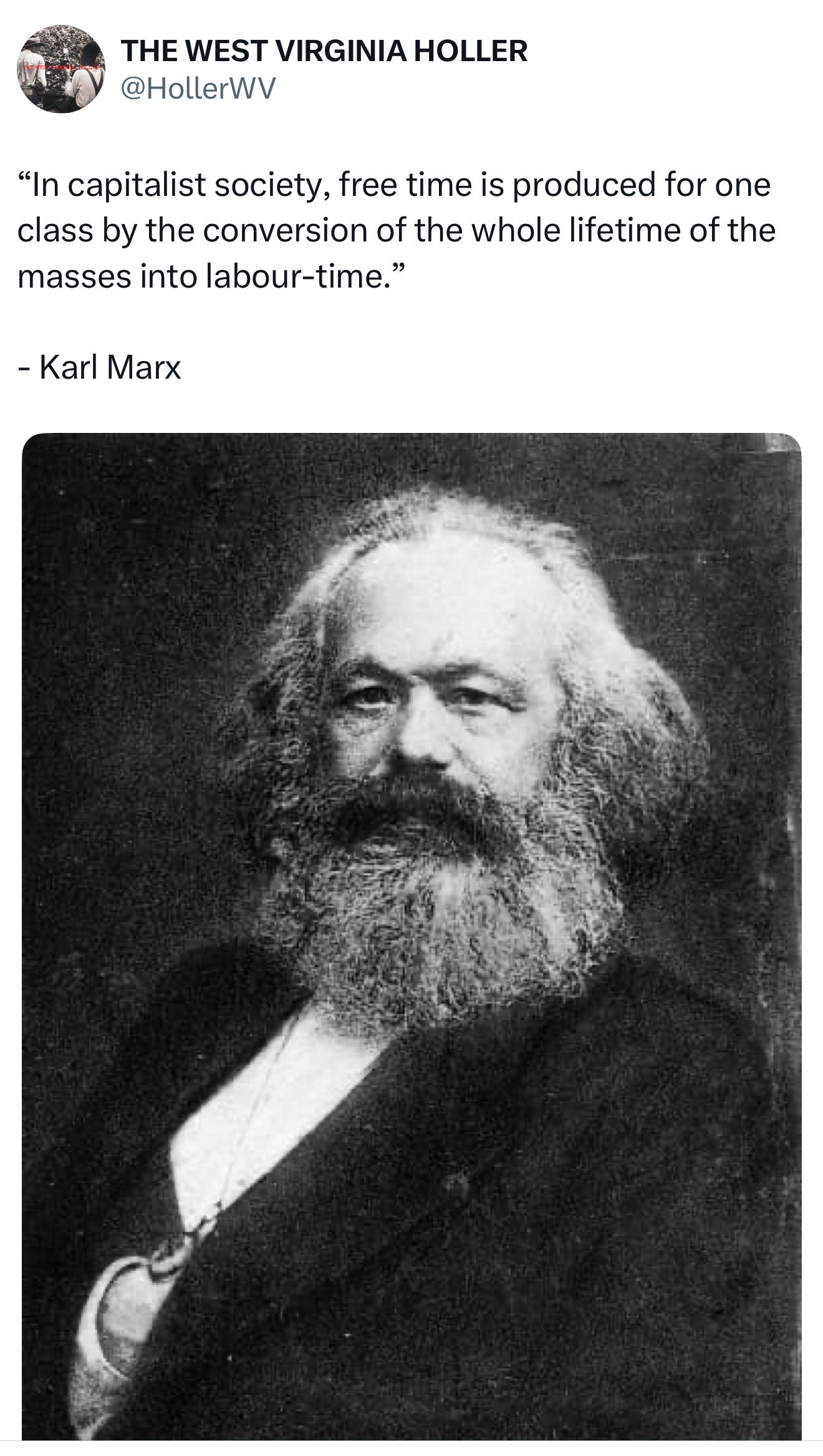
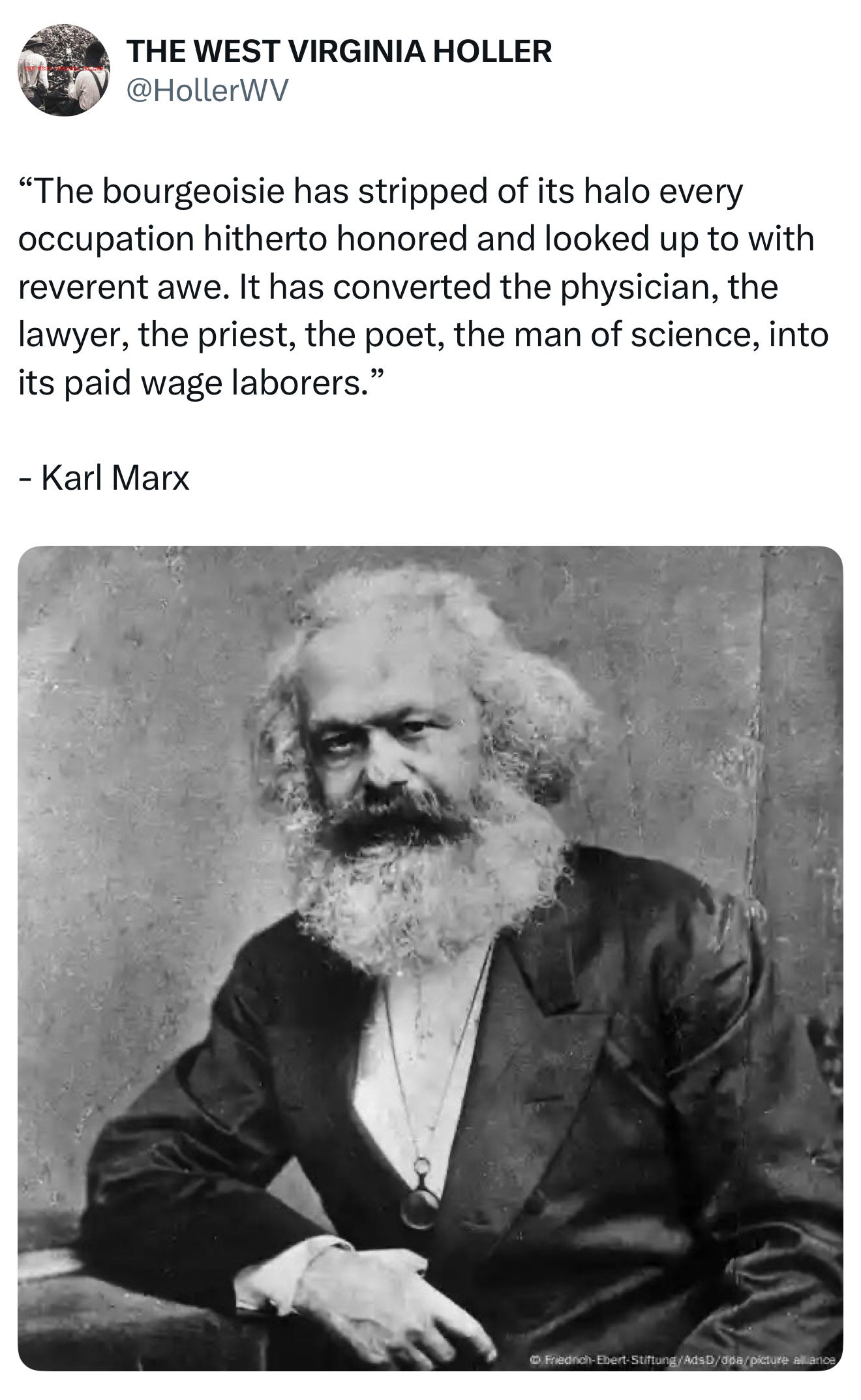

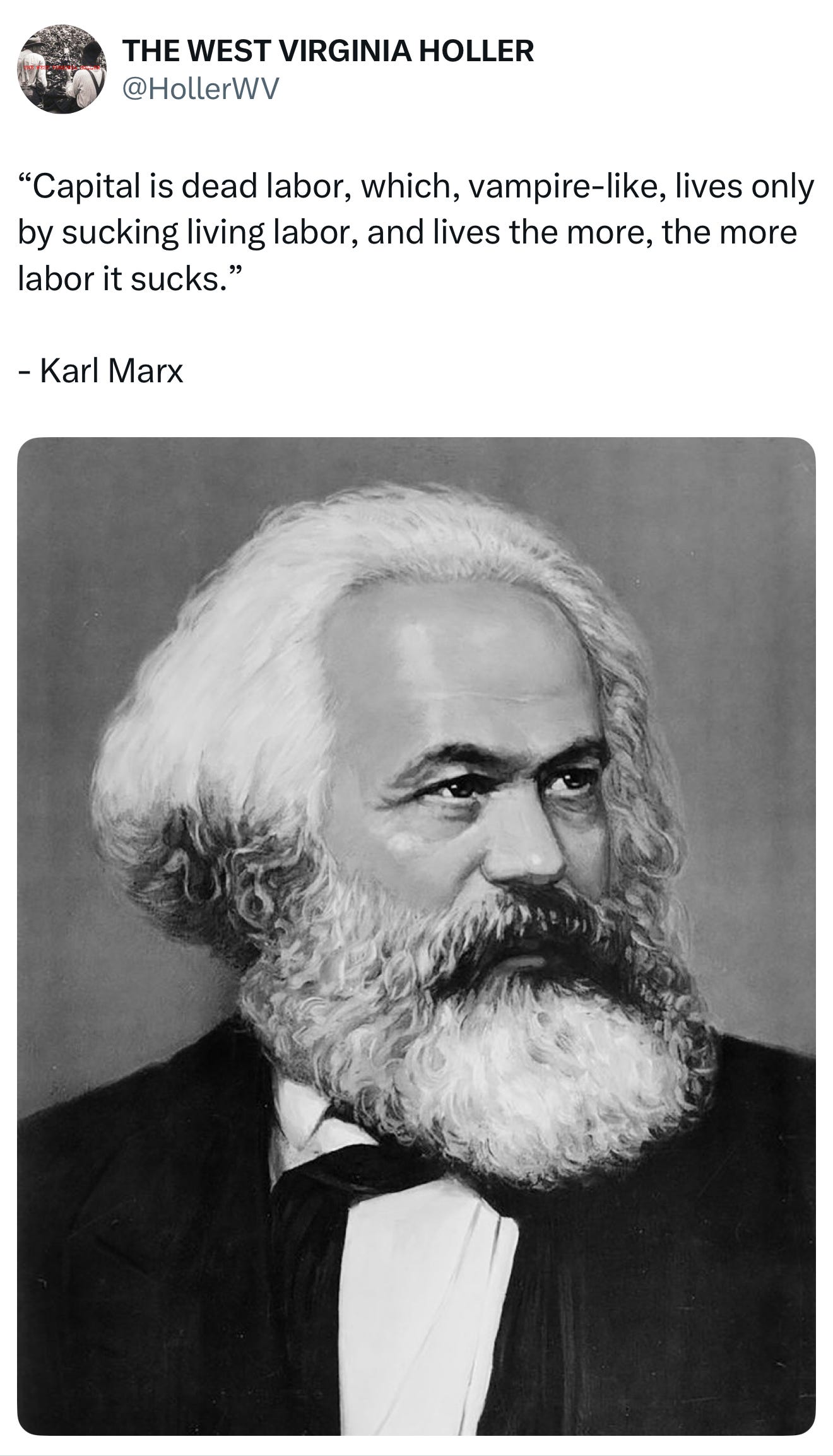
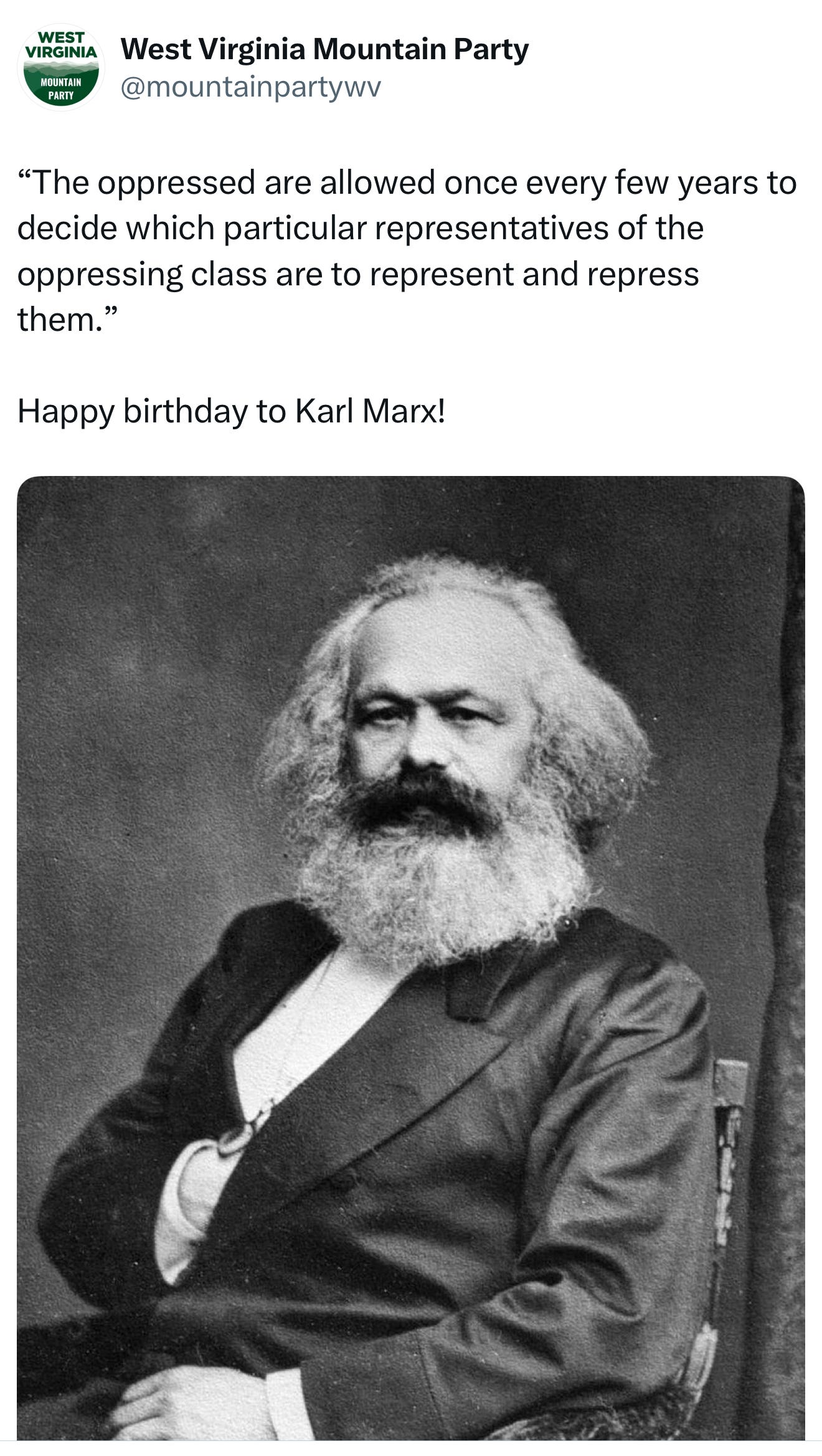
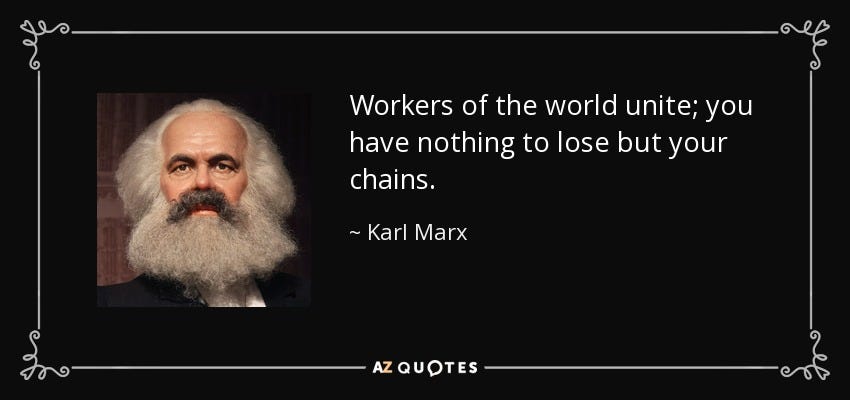
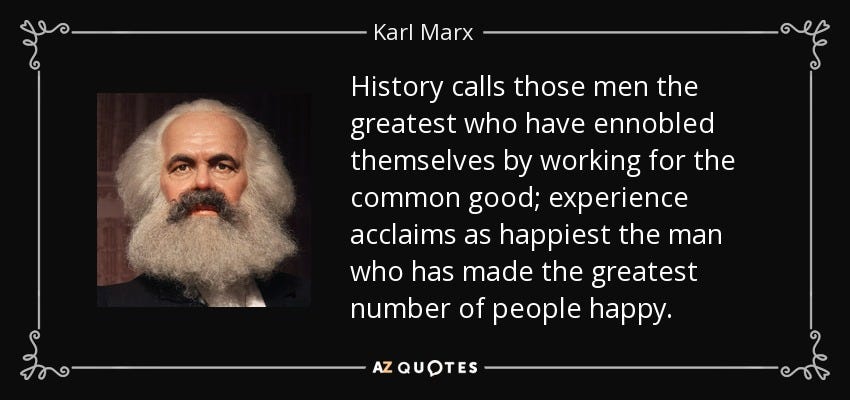
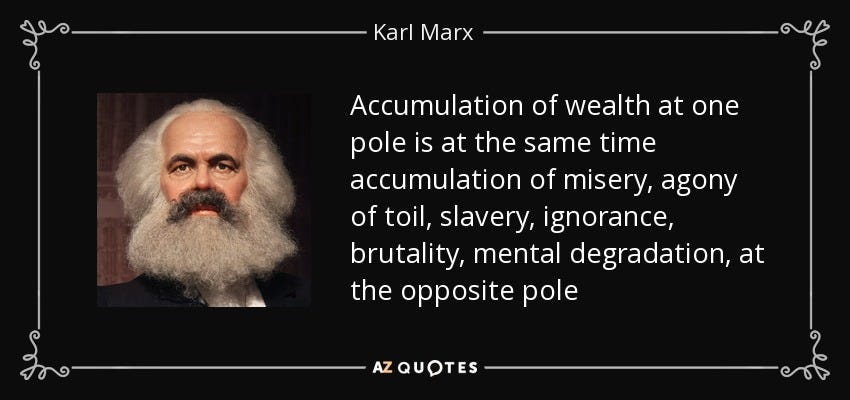
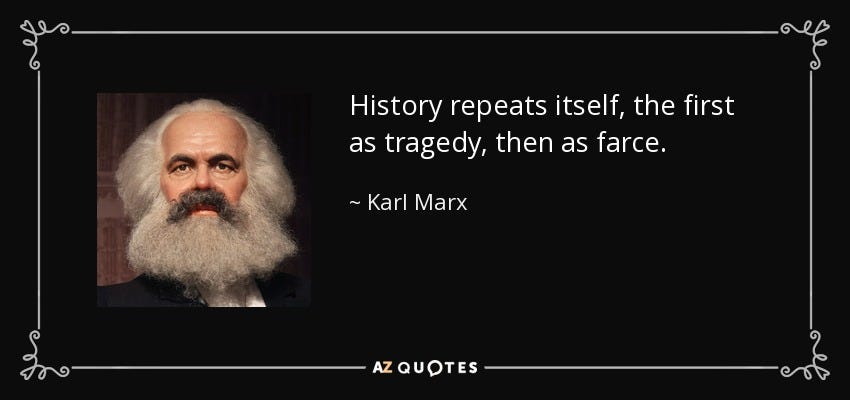
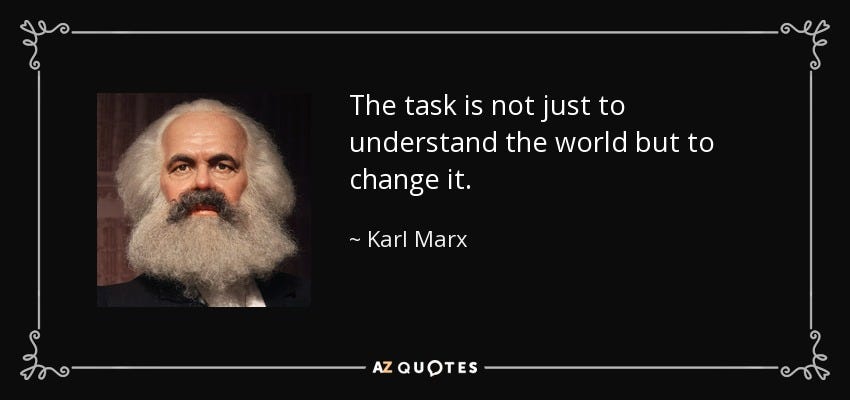
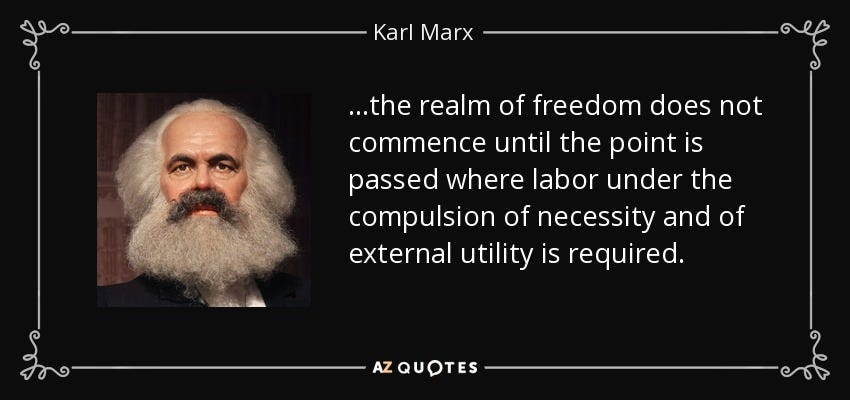
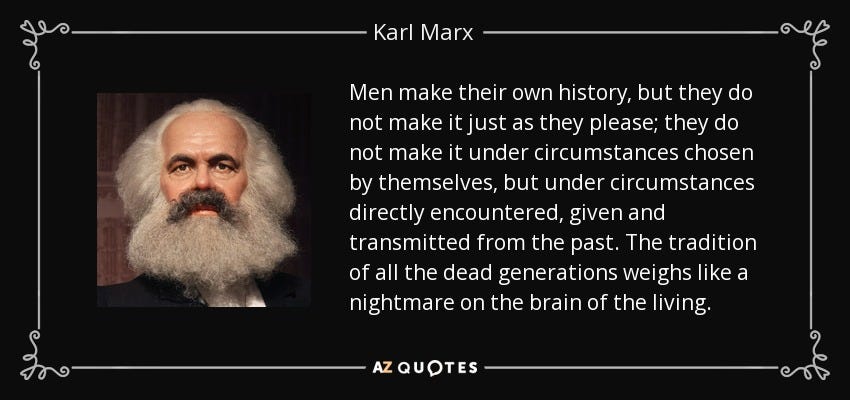
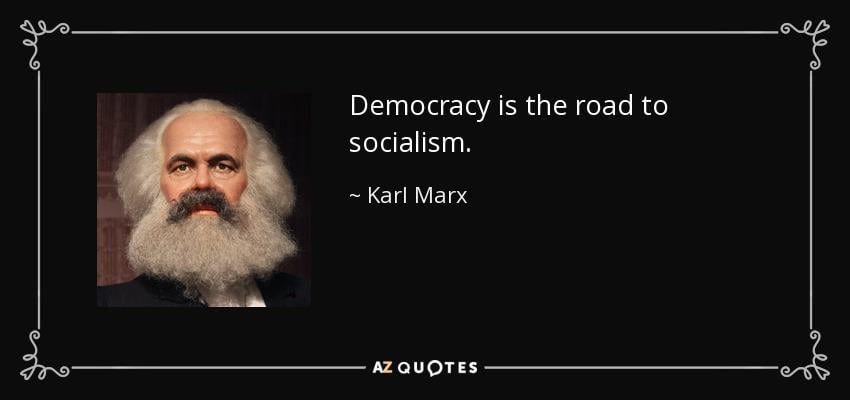

True Marxism is like a cryptic creature it seems like